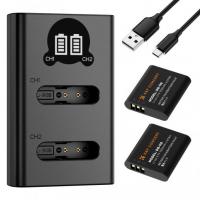Where To Take Drone Test?
In recent years, the use of drones has expanded dramatically across various sectors, including photography, agriculture, real estate, and delivery services. As the number of drone operators increases, so does the need to regulate their usage to ensure safety and compliance with national aviation laws. For hobbyists and professionals alike, acquiring a drone license has become a crucial step. One of the primary requirements for obtaining this license is passing a drone test. This article delves into where you can take your drone test, offering comprehensive guidance to help you navigate this important process.
Understanding the Drone Test
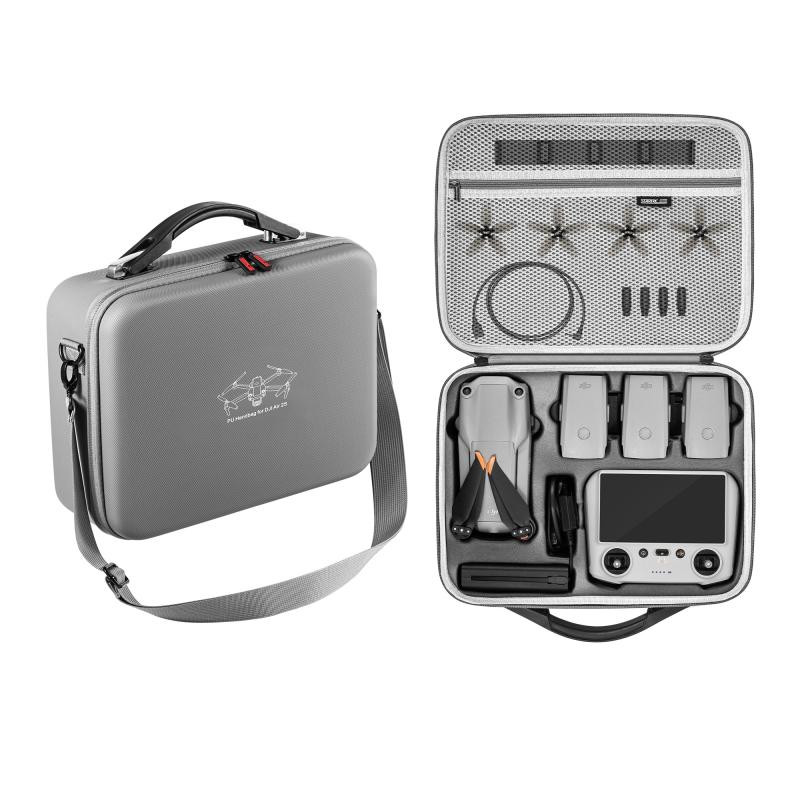
Before diving into where you can take the drone test, it's essential to grasp what the test entails. In many countries, such as the United States, the Federal Aviation Administration (FAA) mandates that drone operators pass the Aeronautical Knowledge Test to earn a Remote Pilot Certificate, commonly referred to as Part 107 certification. This test evaluates an operator's understanding of:
- Aviation regulations and rules
- Airspace classifications and restrictions
- Weather patterns and their implications for drone operations
- Loading and performance characteristics of drones
- Emergency procedures
Understanding these core topics ensures that drone operators can safely and effectively manage their devices, thereby reducing risks to public safety.
Where to Take Your Drone Test: Options and Locations
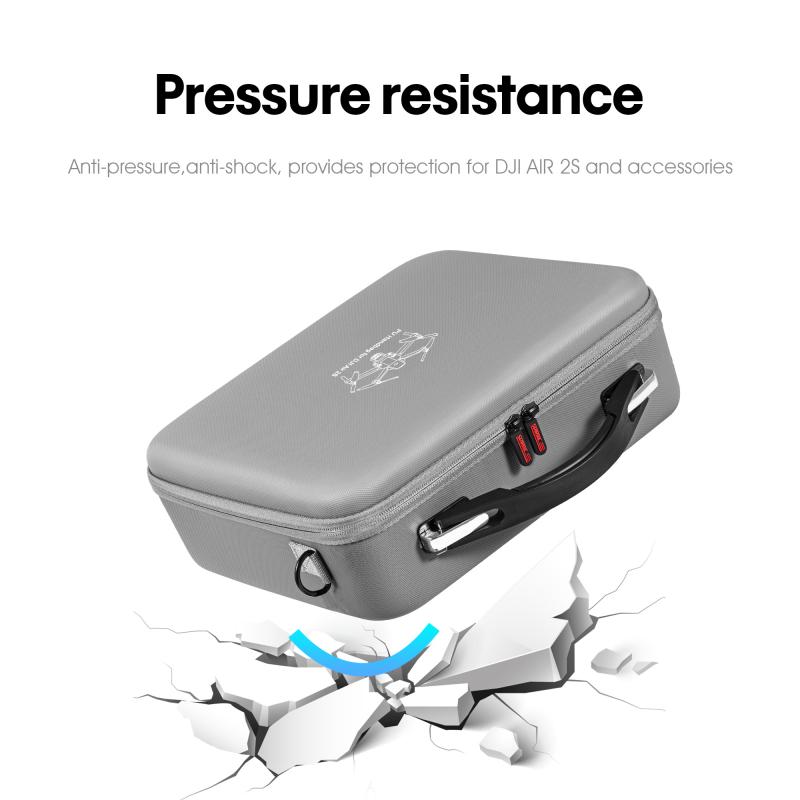
1. FAA-Approved Knowledge Testing Centers

For those in the United States, the FAA has designated specific Knowledge Testing Centers where you can take the Part 107 test. These centers are spread across the country, making it accessible for most candidates.
Finding a Testing Center

To locate an FAA-approved testing center:
- Visit the FAA website and use their "Knowledge Test Centers" locator tool.
- Input your state or zip code to find the nearest testing centers.
Once you've identified a suitable center, you'll need to schedule your test. This can usually be done directly through the testing center's website or via phone.
What to Expect on Test Day
On the day of your test, ensure you bring:
- A valid photo ID
- Proof of registration with the testing center (if applicable)
- A calculator (certain testing centers may provide or allow specific types)
The test is typically administered on a computer, comprising 60 multiple-choice questions. You have two hours to complete it, and a passing score is 70%. Results are often available immediately upon test completion.
2. Online Testing Options
Several countries and regions offer online testing options for their drone certification exams, especially in light of recent global events that have necessitated more remote learning and testing environments. However, the availability of online testing depends on regulatory bodies in your region.
Advantages of Online Testing
- Convenience: You can take the test from the comfort of your own home.
- Flexible Scheduling: Often more test dates and times are available.
- Immediate Results: Online tests typically provide instant feedback on your performance.
Before opting for online testing, verify that your regulatory body permits online exams and ensure that you meet all technical requirements, such as a stable internet connection, a working webcam, and a quiet testing environment.
3. Authorized Training Providers
Numerous authorized training providers offer comprehensive drone training courses that culminate in taking the official drone test. These providers may offer both in-person and online instruction, typically bundling the test as part of their certification programs. Examples include drone academies, flight schools, and certain universities that have drone programs.
How to Choose a Training Provider
Consider the following when selecting a training provider:
- Reputation and Reviews: Look for providers with positive feedback and high success rates.
- Comprehensive Curriculum: Ensure they cover all necessary areas for the drone test.
- Support Services: Additional study materials, practice tests, and student support can enhance your learning experience.
On-Site Testing
Some training providers are also certified to offer the drone test on-site, providing a seamless transition from learning to testing.
Preparing for Your Drone Test
Regardless of where you take your drone test, thorough preparation is essential. Here are some tips to ensure success:
1. Study Guides and Materials
Numerous study guides, textbooks, and online resources are tailored to the content of the drone test. The FAA, for example, offers the Remote Pilot – Small Unmanned Aircraft Systems Study Guide, which is a comprehensive resource. Supplementary materials, such as practice tests and video tutorials, can further bolster your preparedness.
2. Practice Tests
Taking practice tests is one of the most effective ways to prepare. They familiarize you with the test format and help identify areas where you need further study. Many online platforms provide free or paid practice tests.
3. Join Study Groups
Study groups can offer mutual support, allowing candidates to share resources and insights. Discussions with peers can enhance your understanding of complex topics.
4. Enroll in a Course
As mentioned earlier, enrolling in a training course from an authorized provider can provide structured learning and ensure that you cover all essential topics.
5. Utilize Apps and Online Tutorials
There are several apps and online courses dedicated to drone test preparation. Platforms like Udemy and Drone Launch Academy offer curated content and interactive lessons tailored to the drone test syllabus.
Post-Test: What’s Next?
Passing your drone test is a significant milestone, but it's just the beginning of your professional journey as a drone operator. Here are the next steps:
1. Obtain Your Remote Pilot Certificate
Once you pass the test, the FAA will review your application and, upon approval, issue your Remote Pilot Certificate. Make sure all your personal details are accurate during this process.
2. Register Your Drone
In many jurisdictions, you are required to register your drone with the appropriate aviation authority. This ensures your drone is identifiable in case of incidents.
3. Stay Updated on Regulations
Drone regulations can evolve. Staying abreast of any changes ensures you remain compliant and can adapt your operations accordingly.
4. Pursue Further Training
Continual learning can enhance your skills and open new opportunities. Advanced courses in specialized drone operations or additional certifications can be beneficial.
Taking your drone test is a pivotal step toward becoming a certified drone operator, whether for recreational or commercial purposes. Understanding where and how to take the test can streamline this process and help you achieve your goal efficiently. By choosing the right testing location, preparing thoroughly, and following up with the necessary post-test steps, you can navigate this journey with confidence and set the stage for a successful and compliant drone operation career.


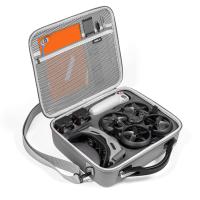
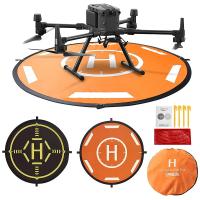
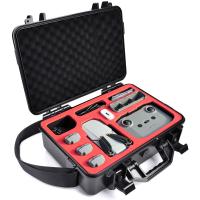
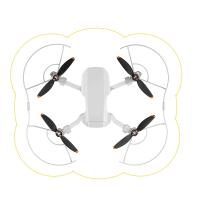
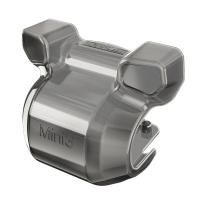
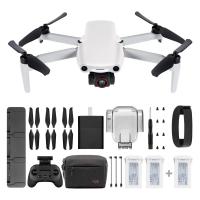

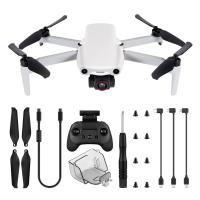
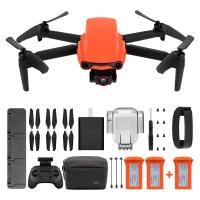
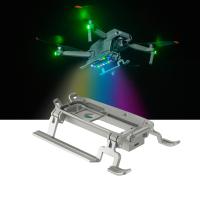

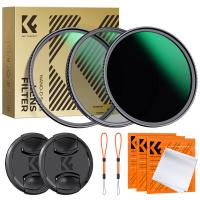
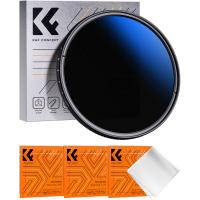

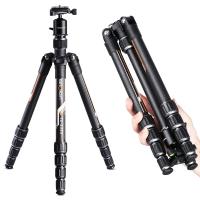
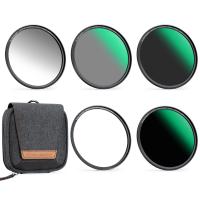

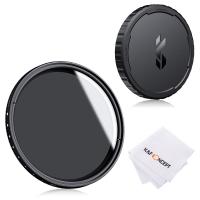

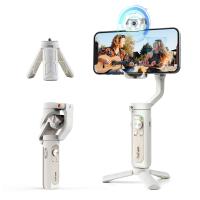
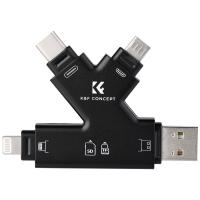
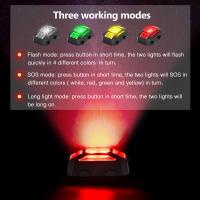
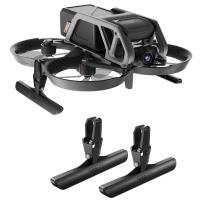



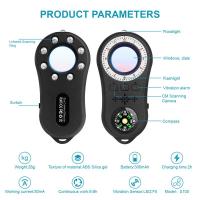
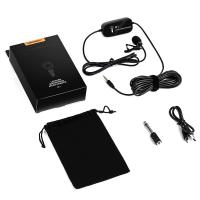
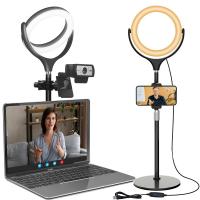





-200x200.jpg)
